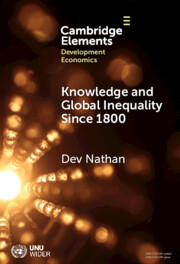This introduction grounds the middle-income (MI) trap by looking at the empirical realities of firms, sectors, national, and subnational institutions embedded in global value chains (GVCs). While MI-trap scholarship has shed light on macro-structural constraints, it often overlooks international production structures and micro-level agency. GVC research, in turn, captures firm strategies and governance structures but tends to underplay the role of domestic institutions and political coalitions. This Special Issue brings these two traditions into dialogue in order to examine how upgrading is (partially) attained—or how it fails—in MI countries.
The articles in the Issue focus on six countries—Argentina, Brazil, Chile, China, Malaysia, and Mexico—to analyze how public and private actors pursue upgrading strategies under MI-trap conditions. We develop a typology of Actors’ Upgrading Strategies along two dimensions: loci of agency (state vs. firm/chain) and modes of action (transformative vs. adaptive). This yields four conceptual categories: Transformative Policy Entrepreneurs, Adaptive Policy Implementers, Transformative Firm Upgraders, and Incremental Firm Repositioners. Collectively, the contributions offer a more textured and politically attuned understanding of upgrading under the MI trap in a world of GVCs, and bring us closer to understanding what it means to be caught in—or to find pathways out of—the trap.
